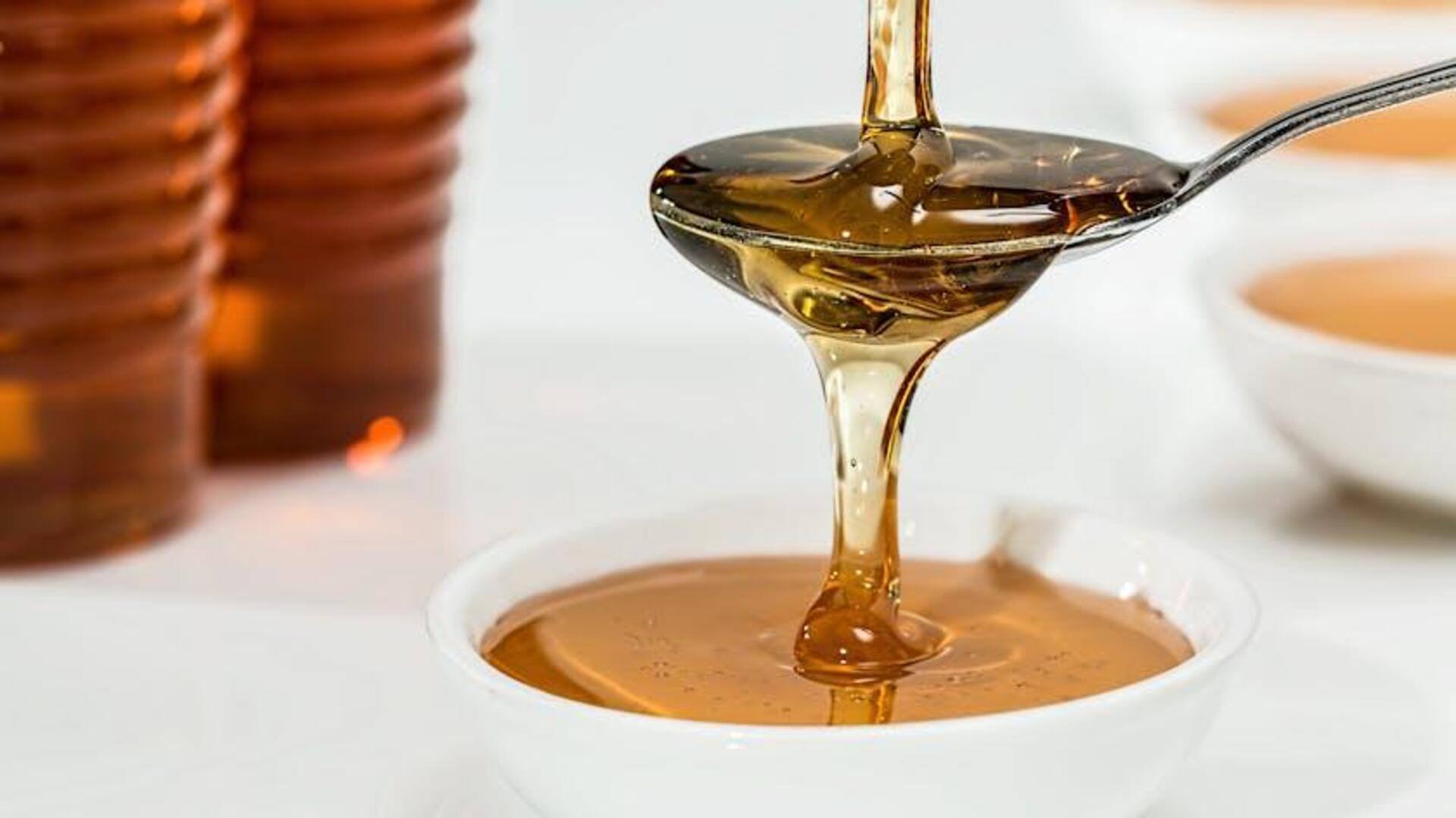**Is Honey Really Healthy? Debunking Common Myths**
*By Simran Jeet | Sep 18, 2025, 06:01 PM*
Honey has been cherished for centuries as a natural sweetener and a health booster. Yet, despite its long-standing reputation, several myths about honey have led to misconceptions regarding its benefits and uses. In this article, we debunk five of the biggest myths about honey and shed light on what this golden nectar is really like. This will help you make informed choices about including honey in your diet.
—
### Myth 1: Honey Is Always Healthier Than Sugar
Honey is often promoted as a healthier alternative to sugar because it is natural and contains some nutrients. However, both honey and sugar have similar calorie content. Honey does have trace amounts of vitamins and minerals, but these are not present in significant quantities.
The main difference lies in how they affect blood sugar levels. Honey has a slightly lower glycemic index than refined sugar, which means it may cause a slower rise in blood sugar. Still, moderation is key when consuming either.
—
### Myth 2: All Honey Is Created Equal
Not all honey is the same in terms of quality and nutritional value. Raw honey retains more nutrients compared to processed varieties that undergo pasteurization and filtration. Processing can reduce beneficial enzymes and antioxidants found in raw honey.
Additionally, some commercial honeys may be adulterated with syrups or additives, impacting their purity. When choosing honey, opt for raw or minimally processed options for maximum benefits.
—
### Myth 3: Honey Never Spoils
Many believe honey never goes bad because of its natural preservative properties. While properly stored honey can last indefinitely without spoiling, it can crystallize over time or change in color and flavor.
Crystallization is a natural process and does not mean the honey is spoiled. You can reverse this texture change by gently warming the jar, restoring honey’s smooth consistency.
—
### Myth 4: Consuming Local Honey Cures Allergies
The idea that eating local honey can cure allergies stems from the belief that consuming local pollen builds immunity. However, scientific evidence supporting this claim is minimal.
Most allergenic pollen comes from trees and grasses, not the flower pollen bees collect nectar from. Therefore, relying on local honey as an allergy remedy is not scientifically backed.
—
### Myth 5: Darker Honey Is More Nutritious Than Lighter Varieties
Darker honeys are often thought to be more nutritious due to their higher antioxidant content compared to lighter varieties like acacia or clover honey.
While it’s true that darker honeys tend to have a slightly richer antioxidant profile, the difference mainly depends on the floral source rather than a significant nutritional advantage.
—
### Final Thoughts
Honey can be a delightful addition to your diet when used wisely. Understanding the facts behind common myths ensures you enjoy honey’s benefits without falling for misconceptions. Remember, moderation and choosing high-quality honey are key to making the most of this natural sweetener.
https://www.newsbytesapp.com/news/lifestyle/five-myths-about-honey-consumption-debunked/story
